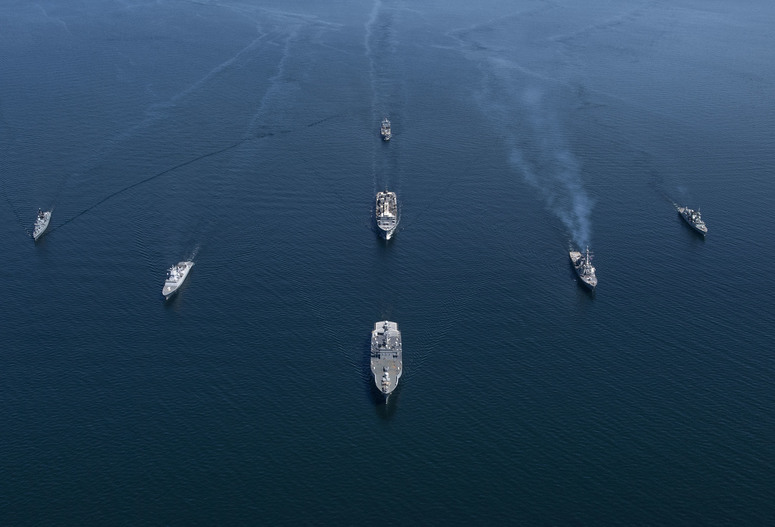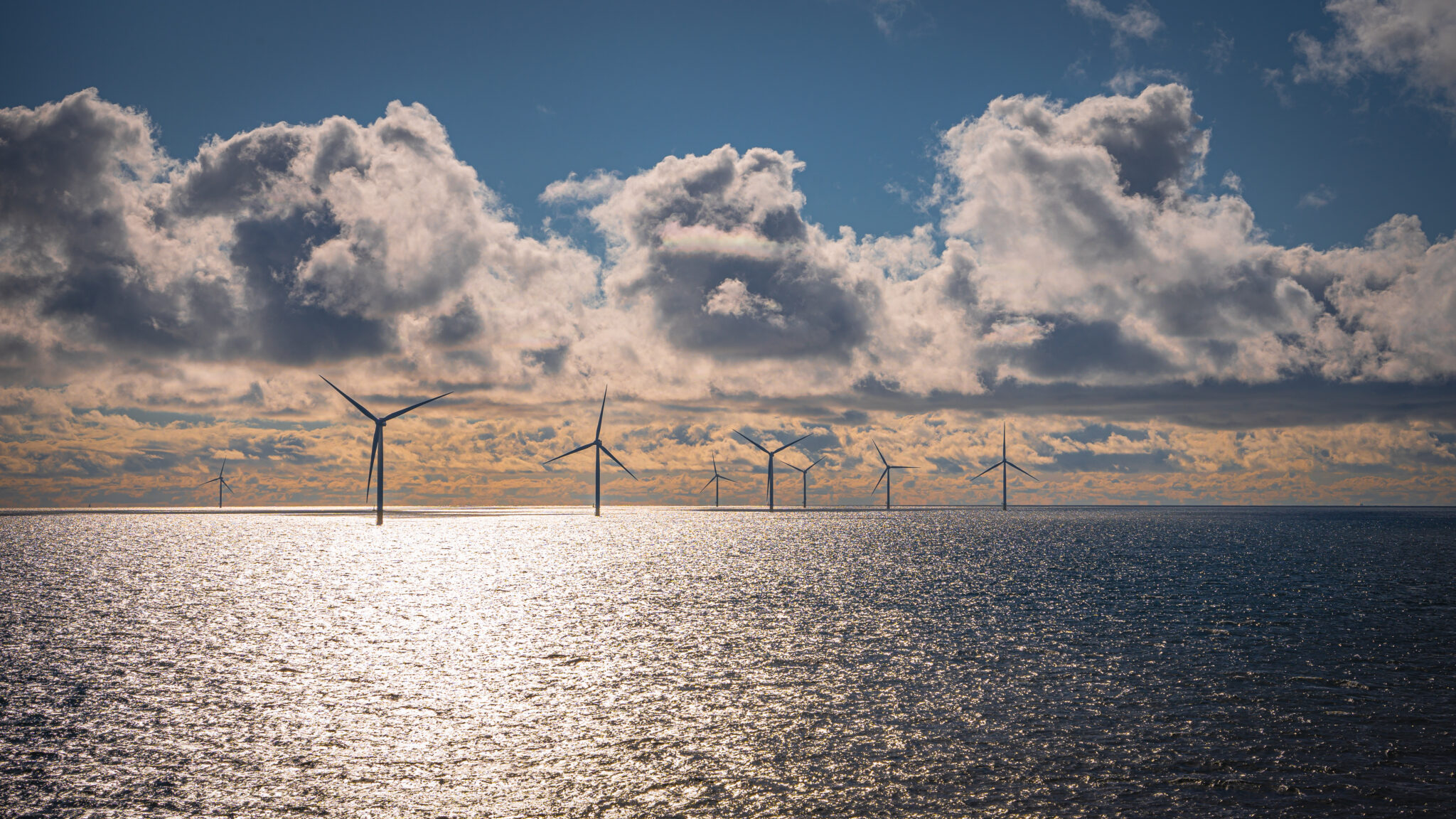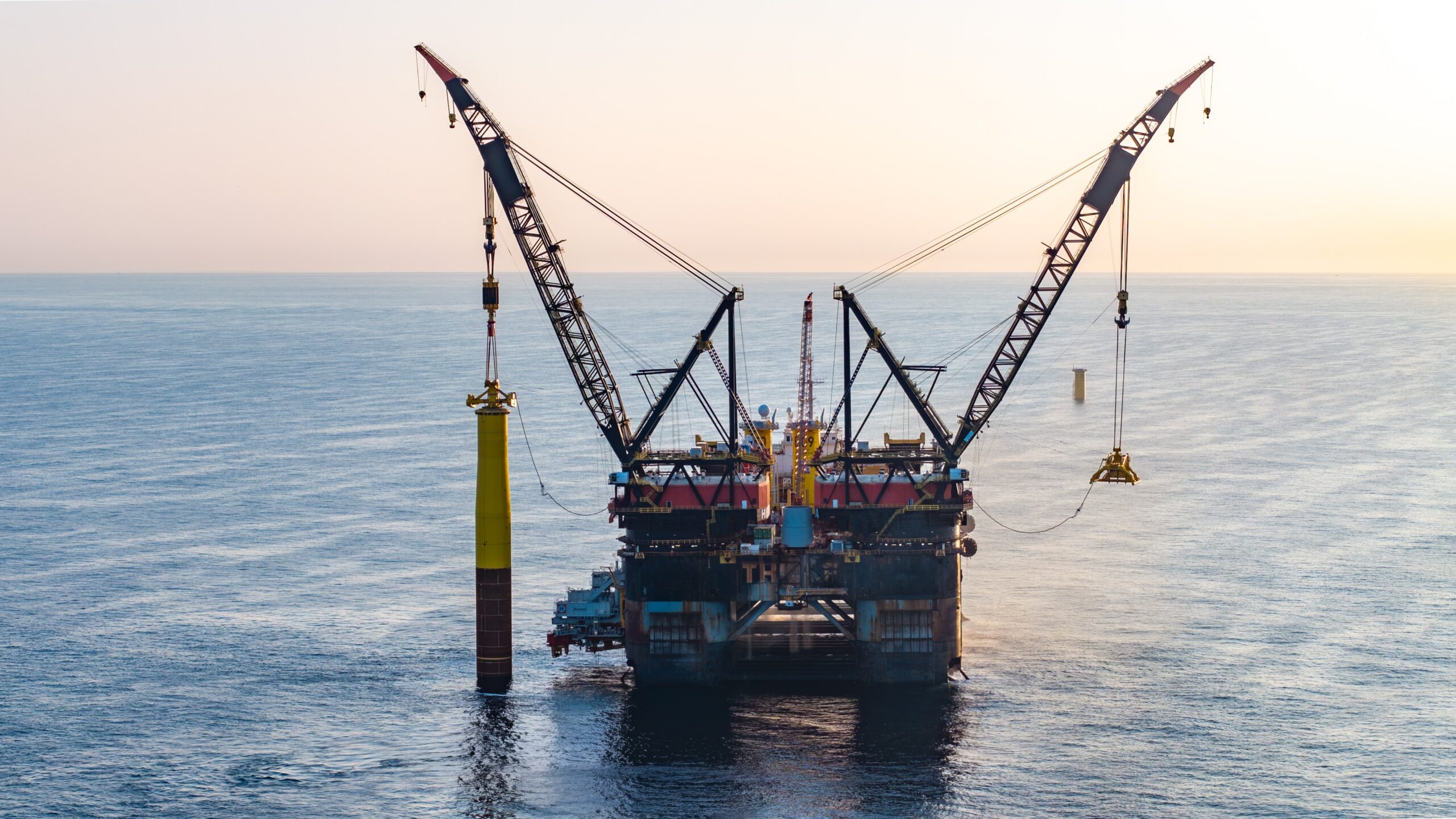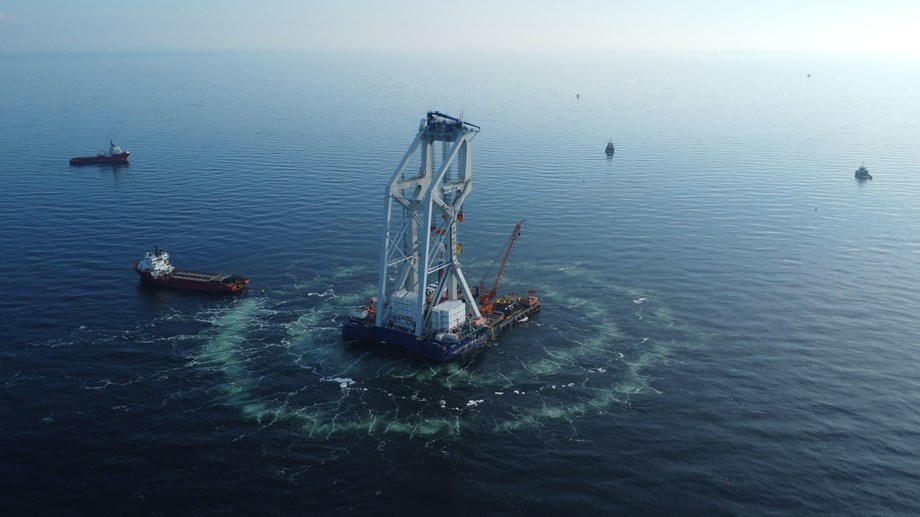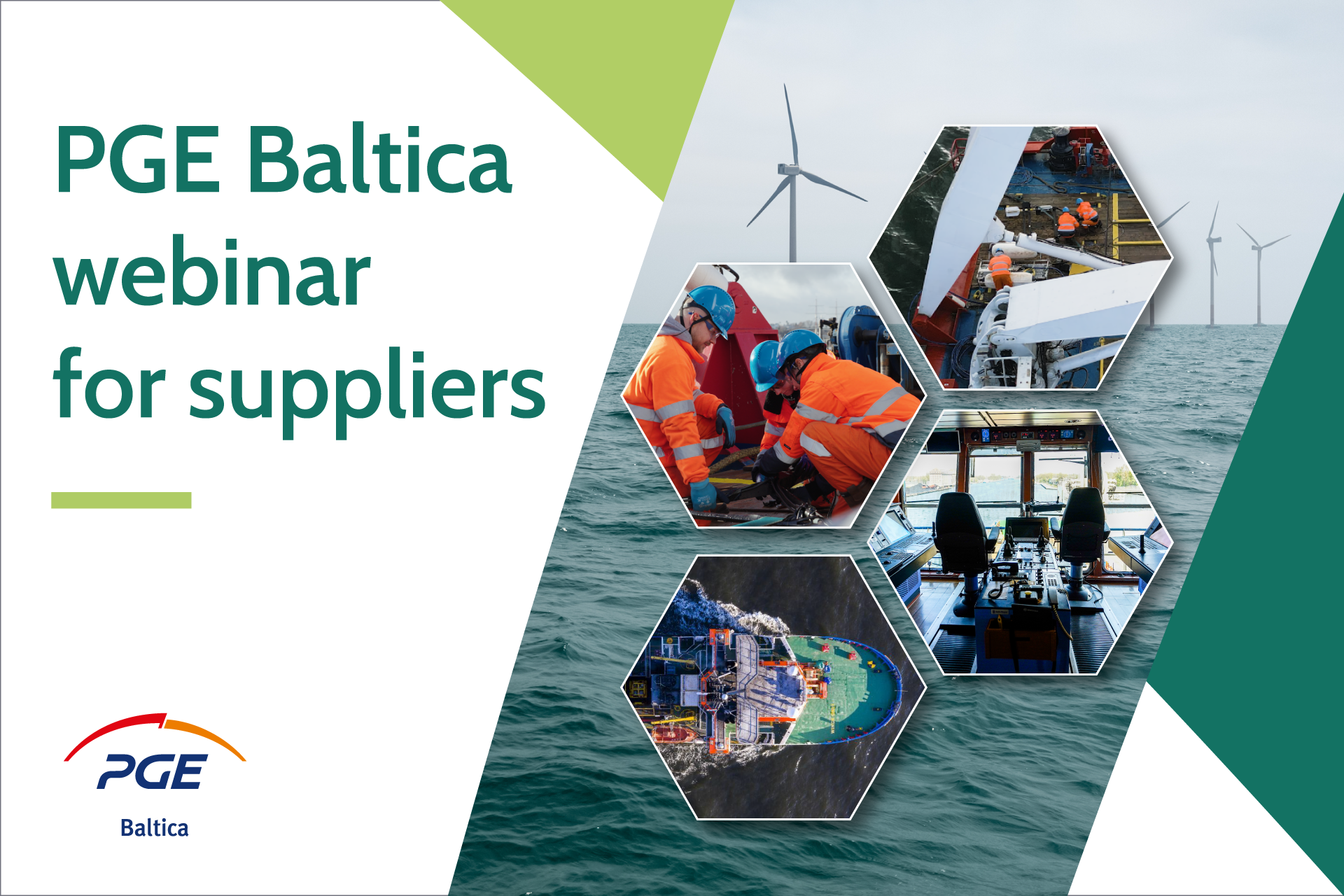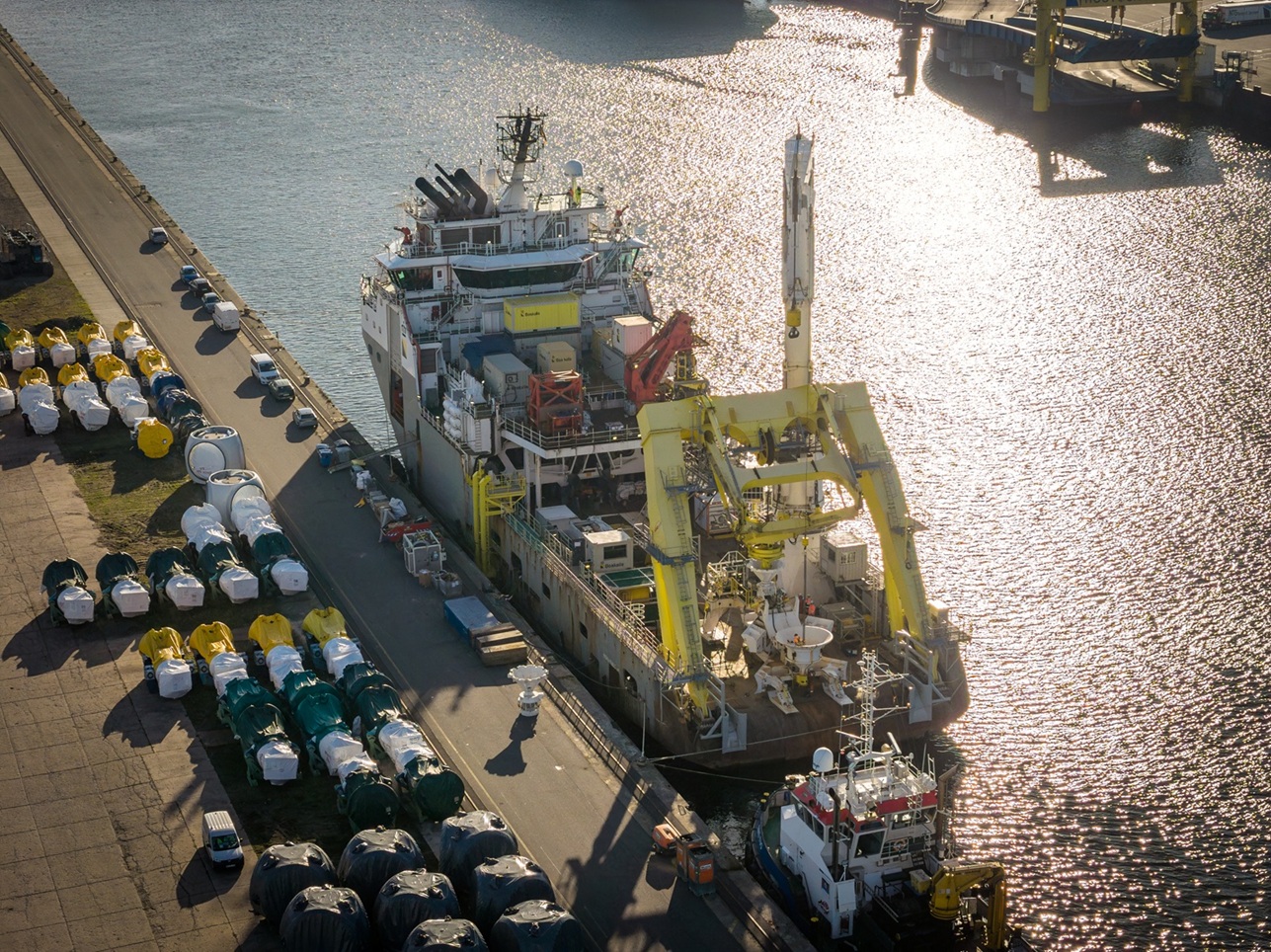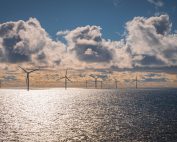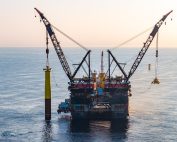The energy transformation of the Baltic Sea countries also began to encompass maritime areas. Energy infrastructure in the form of wind farms poses security challenges. NATO indicates in a commentary to BalticWind.EU that it is observing trends in the Baltic Sea, including those related to critical infrastructure.
The development of offshore wind energy in the waters of the seas and oceans is crucial on the path to climate neutrality. Not only Europe has high aspirations, but the USA and Asia. The newly emerging energy critical infrastructure creates new challenges for the security sector and institutions dealing with the broadly understood defense of the country. Ministries of defense and security of the countries concerned take an active part in consultations regarding individual offshore wind projects as well as state and national strategies. For example, in Sweden and Finland, issues related to the high risk of the impact of offshore wind farms on the functioning of military infrastructure are raised loudly. In other countries, there are concerns from military services that the farms under construction will also limit the territories where military exercises can be carried out.
Various fears of the military services seem to be justified, because their priority is the defense of societies and countries. Questions are often asked, how in the era of developing offshore wind energy, which is to have a significant share in energy mixes, how to defend the infrastructure in the event of potential conflicts? We would like to remind you that attacks on critical infrastructure do not have to be physical in nature – with the advent of virtual life, cyber threats have emerged, also for renewable energy installations.
The Baltic Sea Region – of key strategic importance for the Alliance
We asked NATO about the challenges related to the development of offshore wind energy. In its official position for BalticWind.EU, NATO emphasizes that the Baltic Sea is bordered by six NATO countries and two close partners, and is of vital strategic importance for the Alliance.
“We routinely assess security trends in the region, including possible risks to energy infrastructure. At the NATO Summit in June, Allies heads of state and government agreed to strengthen national efforts to safeguard critical infrastructure, including energy infrastructure. In general terms, offshore wind farms contribute to enhancing allied energy security and diversity and therefore have a role in our common security”, NATO explains.
The Alliance also adds to BalticWind.eu that “in the Baltic Sea the location of wind turbines is routinely factored into navigation during NATO maritime activities”.
